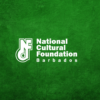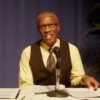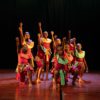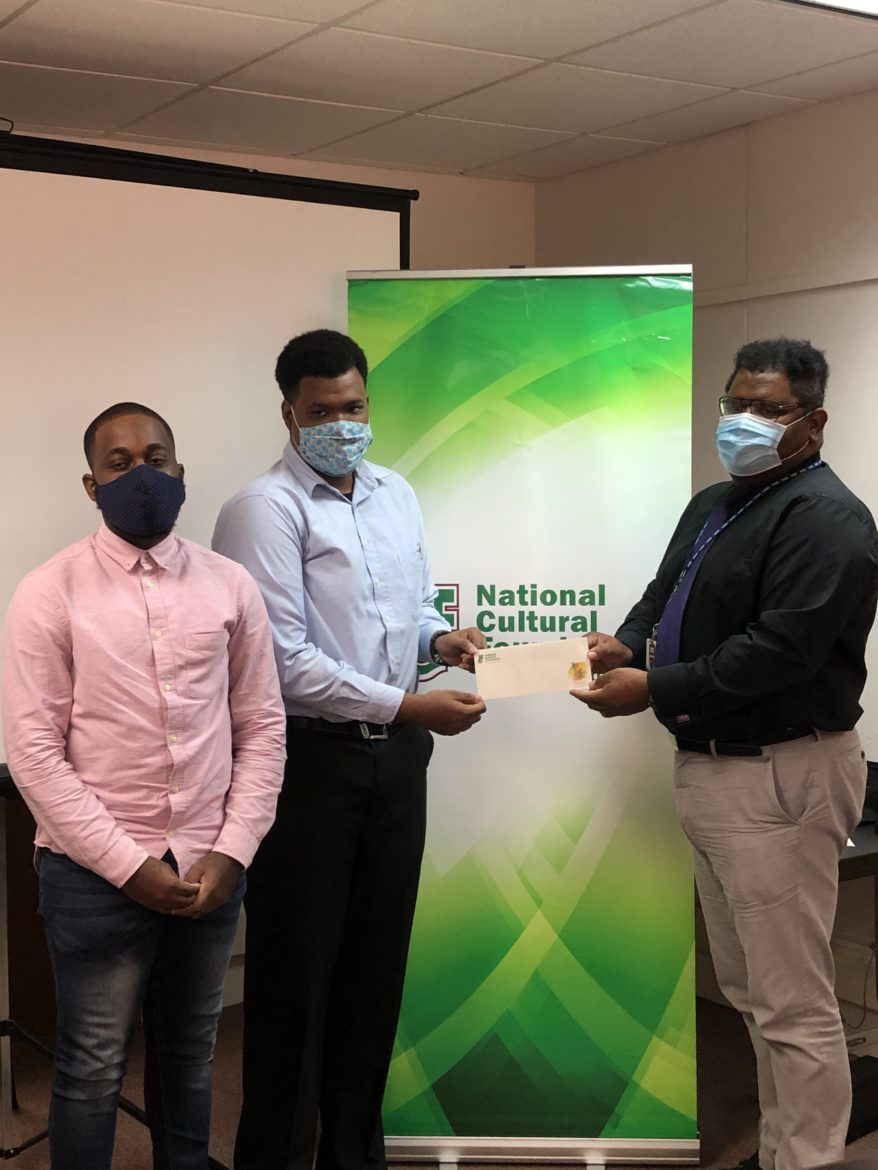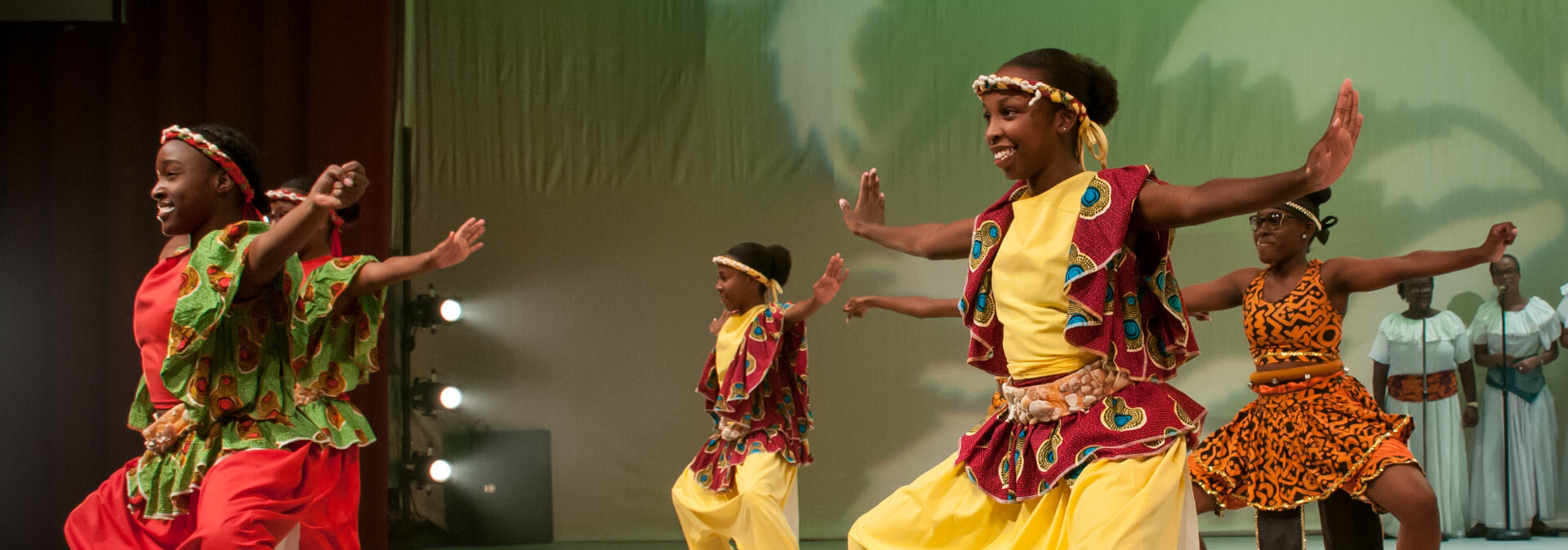The late Arden Clarke and his wife Jeanette Layne – Clarke, both fierce nationalists, creative writers and arts activists first conceptualised a national arts festival in the 70s, during the early dawn of Barbados’ nation-building period. The island had just achieved Independence from Great Britain in 1966. It was an exciting and critical time for those involved in the arts and culture where there was great interest in mobilising the local creative community to explore national cultural identity. Later conversations and subsequent committees with devoted cultural workers and fellow creatives such as Jean Holder, Cynthia Wilson, Elombe Mottley, Nigel Harper, Virginia Seely, Arthur Atkinson, Janice Millington- and later others- stewarded by the father of Independence, the Right Excellent Errol Walton Barrow, saw the emergence of the very first National Independence Festival of Creative Arts (NIFCA) in November 1973.
NIFCA traditionally targeted schools and community-based organisations. It sought to unearth and develop the rich talent that Barbadians had deeply nestled within. The initial response was from across all elements of society: diverse age, race and class. It was tremendous, with packed audiences every night filling the hall at the Ursuline Convent- NIFCA‘s venue for the first few years.
In beginning, the disciplines showcased were dance, drama & speech, fine arts, literary arts and music; over time culinary arts, craft, photography and film were added. Four decades later, the Barbadian society has evolved from that early folk tradition with more arts-based organisations, institutions and groups emerging on the landscape contributing to the development of aesthetic diversity and interest across the spectrum of the arts.
Barbados’ best talent is not in any way limited as this festival sees entries from school children, community groups, church organizations as well as penal institutions, where the role of the arts has been heightened in an effort to assist in their process of rehabilitation. It is now a tradition that entrants at NIFCA come back year after year to demonstrate their talent as they use each year as a time of growth and development.
Within recent years globalization has grown to be a dominant force in shaping the arts in Barbados with new forms and expressions emerging that speak to wider issues, such as climate change, the Black Lives Matter movement etc. With the developmental agenda of NIFCA at the forefront, participants benefit from exploring innovation while receiving expert coaching and feedback from experienced tutors across the disciplines, who are themselves practitioners.
NIFCA today, encourages artists to look at the innovations in the world but still tell the story of who we are and what makes us unique as Barbadian people. The festival provides a massive platform for persons in different art forms to showcase their skills, express themselves and share in a community of like minded individuals. Work displayed at the festival continues to highlight social, economic and environmental issues in a form that can be easily digested by the audiences that attend.
New artistic expressions continue to emerge locally influenced by such trends around the world. Many of these practices, create active local dynamics influenced by the artists tendency to be well-informed and aware of what is happening around to the world.
Barbadian culture continues to evolve! Due to the increased access to the internet, social media sharing sites and new technologies, networking amongst artists is higher than ever seen before.
Gold, silver and bronze awards of achievement, top amateur awards named after local cultural icons and, in recent times, awards for entries by professionals, the highest being the Governor General’s Award of Excellence are all up for grabs at this cultural extravaganza. For the first time this year a Semi-Professional category has been introduced to further define the different levels of achievement and practice in a diverse Barbadian arts community.
NIFCA continues to shape Barbados’ cultural personality by way of awareness and promoting activities which culminate to form the essence of the festival. As the slogan so aptly states “The Tradition of Excellence Continues”.


